Conversion Therapy in the United States: Understanding the Harmful Practice and Legal Protections
Conversion Therapy in the United States: Understanding the Harmful Practice and Legal Protections
Table of Contents:
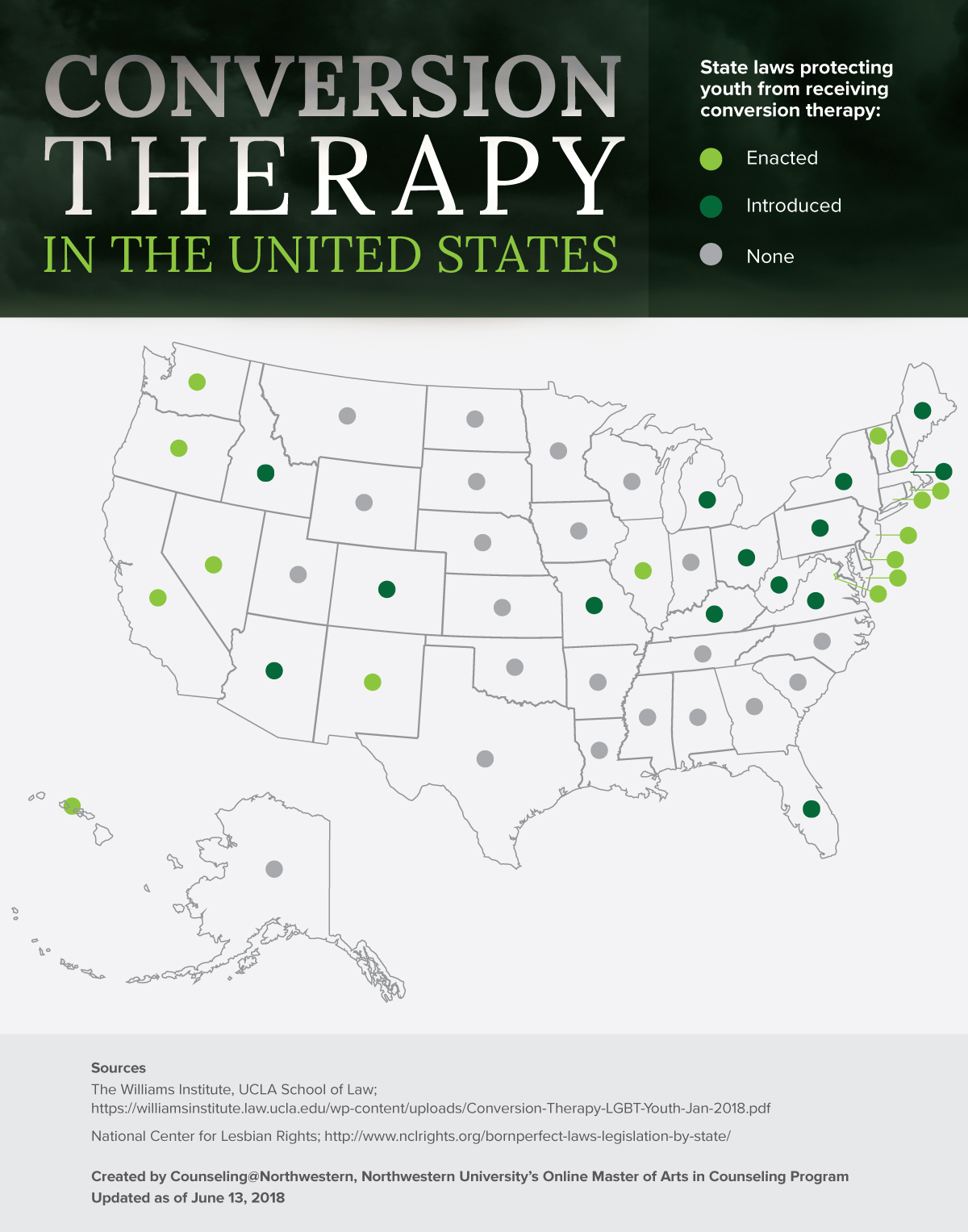
What is Conversion Therapy?
Conversion therapy, also known as "reparative therapy" or sexual orientation change efforts (SOCE), refers to a range of dangerous and discredited practices that falsely claim to change a person's sexual orientation or gender identity. These interventions are based on the false premise that LGBTQ+ identities are mental disorders that require treatment or "correction."
According to recent research by The Trevor Project, over 1,300 conversion therapy practitioners have been identified across 48 U.S. states and Washington, D.C., with more than 600 holding active professional licenses. This alarming figure likely represents a significant undercount, as many practitioners operate secretly due to increasing legal restrictions.
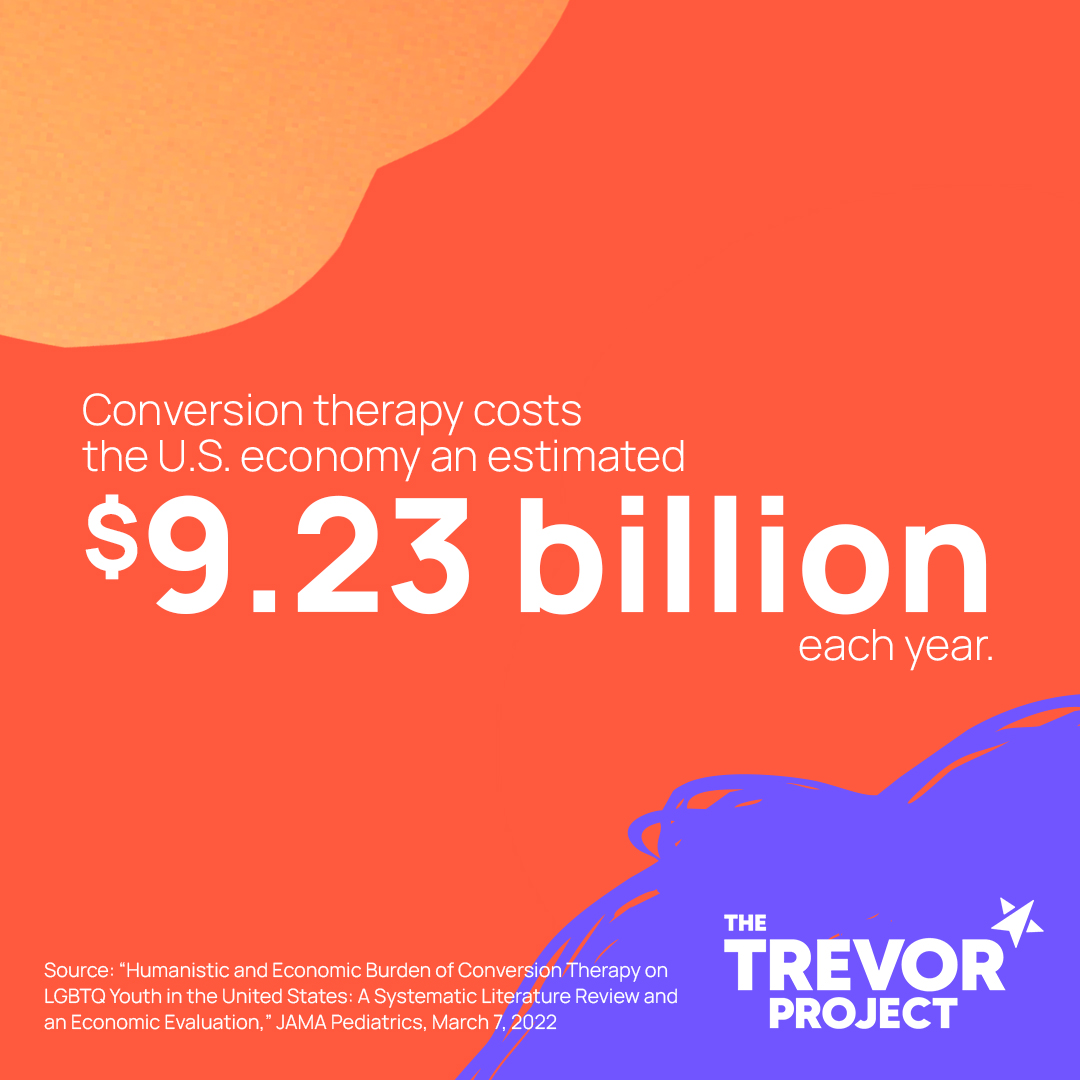
Scientific Evidence and Medical Opposition
Every major medical and mental health organization in the United States has condemned conversion therapy practices. The overwhelming scientific consensus demonstrates that these interventions are not only ineffective but actively harmful to participants.
Key Medical Organization Positions
The American Psychological Association conducted a comprehensive review in 2007, concluding that "there is no published scientific evidence supporting the efficacy of reparative therapy as a treatment to change one's sexual orientation." The organization further noted that such practices can lead to depression, anxiety, and self-destructive behavior.
Similarly, the American Medical Association has stated its clear opposition to conversion therapy, emphasizing that homosexuality is not a mental disorder requiring treatment. The American Academy of Child and Adolescent Psychiatry has been particularly vocal about protecting minors, stating that conversion therapies "lack scientific credibility and clinical utility" and may cause substantial harm.
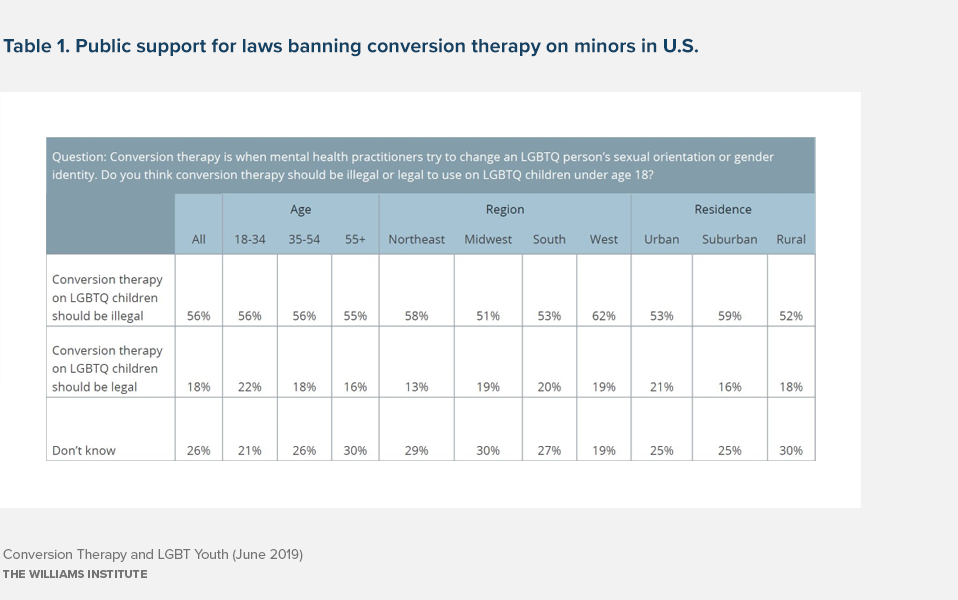
Current Legal Landscape in the United States
As of 2025, 23 states plus the District of Columbia have enacted laws prohibiting licensed healthcare providers from subjecting minors to conversion therapy. These states represent significant progress in protecting LGBTQ+ youth from harmful practices.
Protected States Include:
California (2012), New Jersey (2013), District of Columbia (2014), Oregon (2015), Illinois (2015), Vermont (2016), Connecticut (2017), Nevada (2017), New Mexico (2017), Rhode Island (2017), New Hampshire (2018), Delaware (2018), Hawaii (2018), Maryland (2018), Washington (2018), New York (2019), Massachusetts (2019), Maine (2019), Colorado (2019), Utah (2020), Virginia (2020), Wisconsin (2021), Minnesota (2023), Michigan (2023), Pennsylvania (2024), and Puerto Rico (2019).
According to the Movement Advancement Project, approximately 49% of LGBTQ+ youth (ages 13-17) live in states that prohibit licensed healthcare providers from subjecting minors to conversion therapy.
Documented Harmful Effects
Research consistently demonstrates the severe mental health consequences of conversion therapy, particularly for young people. Studies have documented increased risks of:
- Depression and anxiety disorders - Participants show significantly higher rates of mood disorders
- Suicidal ideation and attempts - Young people subjected to these practices face dramatically elevated suicide risk
- Substance abuse - Higher rates of drug and alcohol dependency
- Homelessness - Many youth face family rejection and housing instability
- Post-traumatic stress - Long-term psychological trauma from the experience
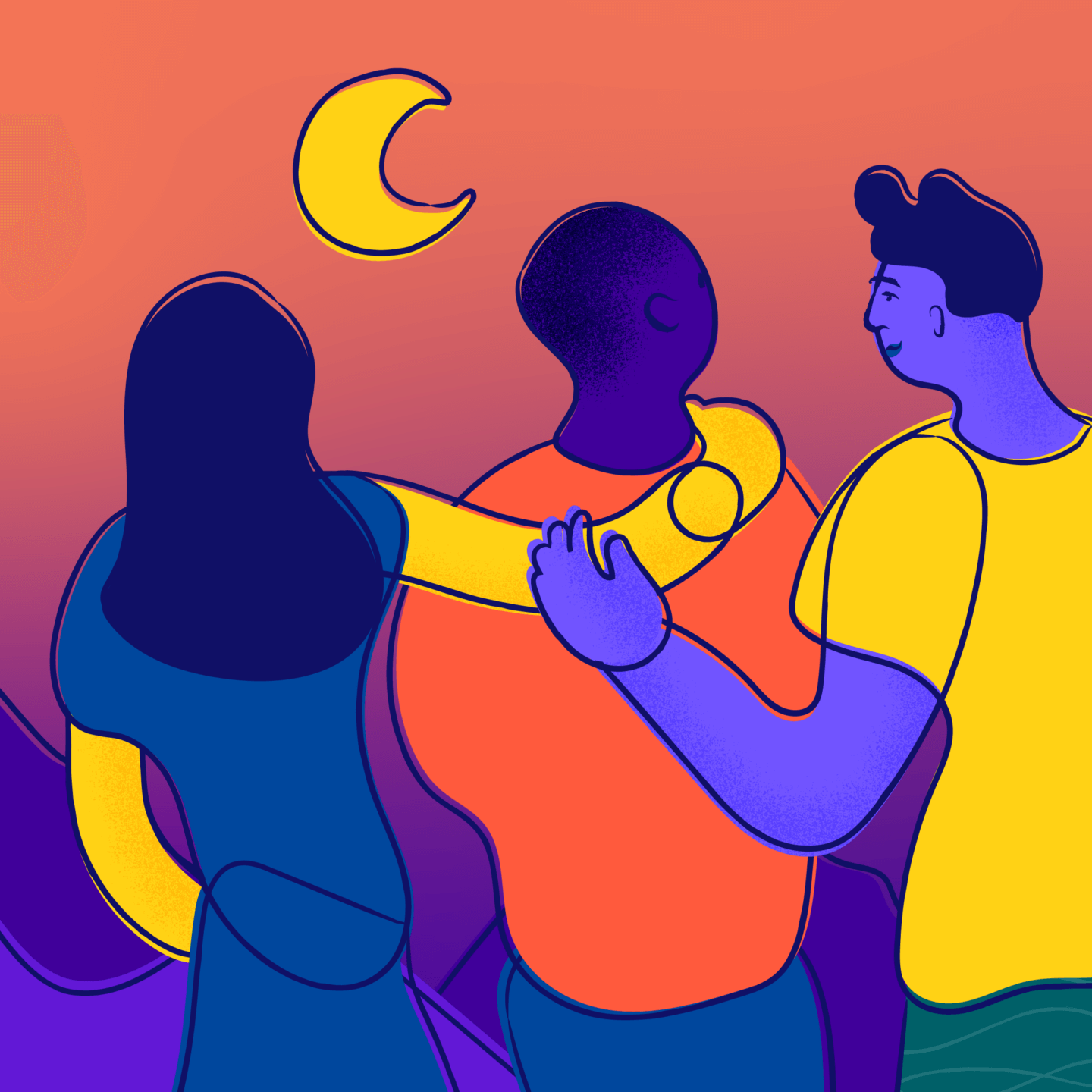
Recent Legal Developments
The legal landscape continues to evolve, with recent Supreme Court cases challenging existing protections. In October 2025, the U.S. Supreme Court heard arguments regarding Colorado's conversion therapy ban, with conservative justices expressing skepticism about state restrictions on these practices.
Despite legal challenges, advocacy organizations continue pushing for comprehensive federal legislation to protect LGBTQ+ youth nationwide. The Human Rights Campaign and other national organizations maintain that uniform federal protections are essential to safeguard vulnerable youth across all states.
Frequently Asked Questions
Is conversion therapy legal in all states?
No, 23 states plus DC have laws prohibiting licensed professionals from practicing conversion therapy on minors. However, 18 states still have no legal protections, and some states actively prevent local municipalities from enacting their own bans.
Does conversion therapy actually work?
No. Every major medical and mental health organization has concluded there is no credible scientific evidence that conversion therapy can change sexual orientation or gender identity. These practices are not only ineffective but harmful.
What should I do if someone I know is being subjected to conversion therapy?
Contact organizations like The Trevor Project (1-866-488-7386), the National Center for Lesbian Rights, or local LGBTQ+ advocacy groups. If the person is a minor in immediate danger, consider contacting child protective services or law enforcement.
Are religious practices covered under conversion therapy bans?
Most state laws focus specifically on licensed healthcare providers and do not restrict religious counseling or pastoral care. However, the harmful effects remain the same regardless of the setting.
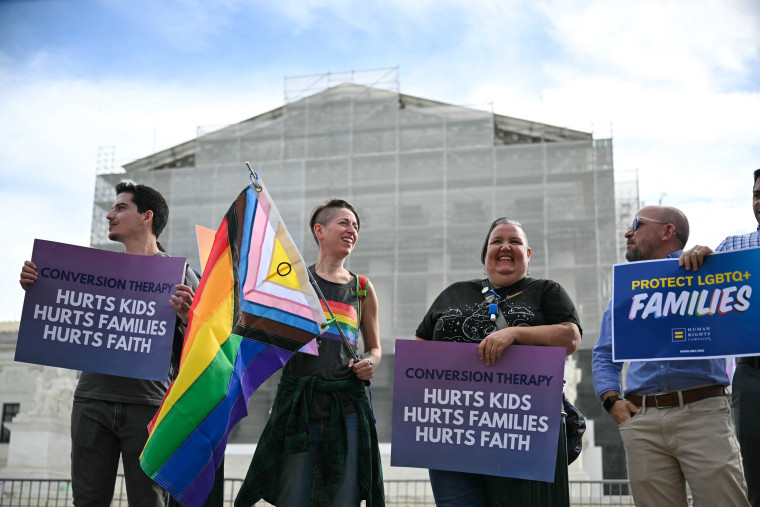
Taking Action and Getting Help
If you or someone you know needs support, numerous resources are available. The Trevor Project offers 24/7 crisis support specifically for LGBTQ+ youth, while organizations like PFLAG provide support for families. Advocacy groups continue working toward comprehensive federal legislation to protect all LGBTQ+ youth from these harmful practices.
Remember: LGBTQ+ identities are normal, healthy variations of human sexuality and gender expression. No one needs to be "fixed" or "converted" – what's needed is acceptance, support, and affirming care.
Share This Important Information
Help spread awareness about the dangers of conversion therapy and the importance of protecting LGBTQ+ youth. Share this article with your friends, family, and community to help create a safer, more accepting world for all.